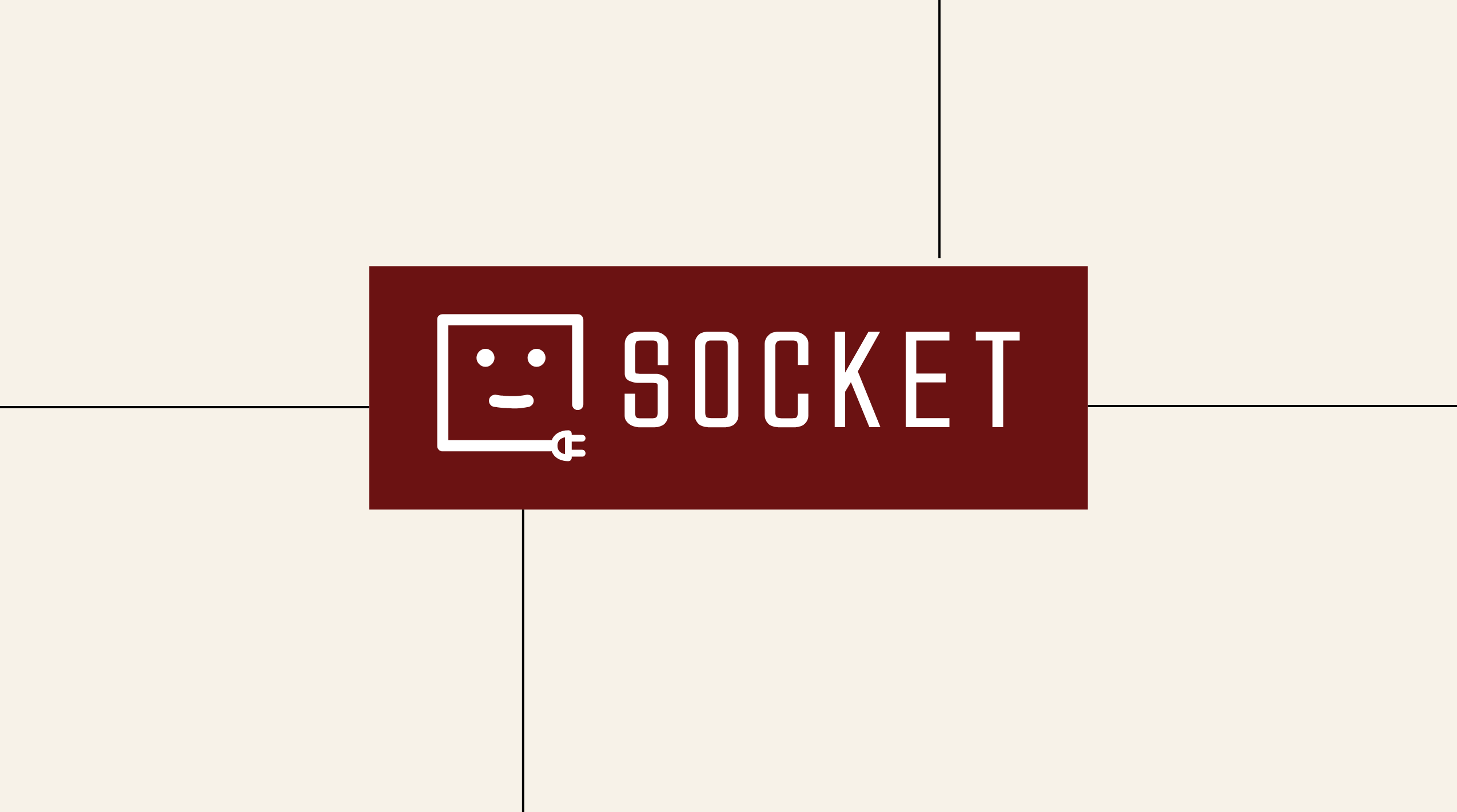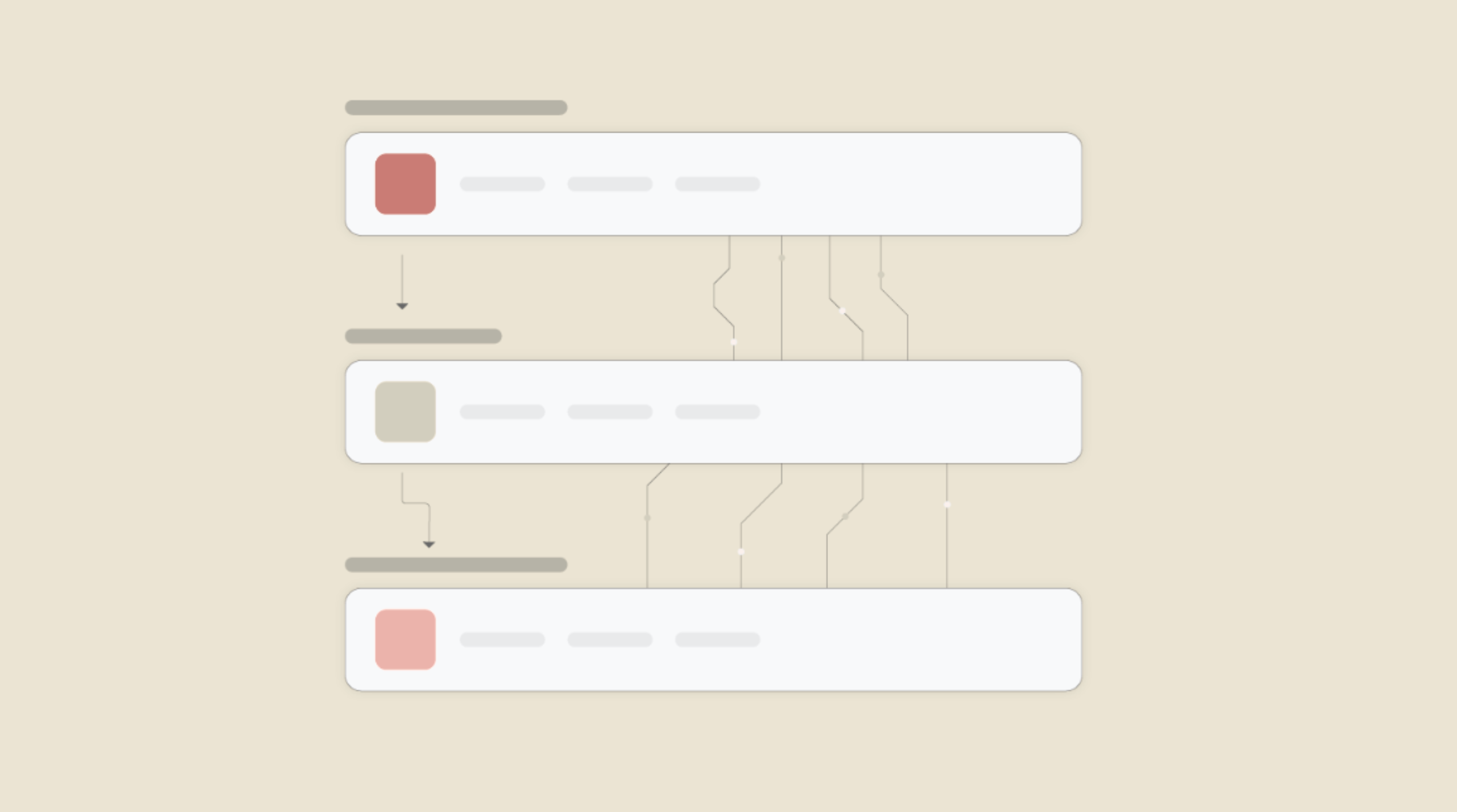Connect Vybit and SAS Healthcare to Build Intelligent Automations
Enable Integrations or automations with these events of Vybit and SAS Healthcare
Enable Integrations or automations with these events of Vybit and SAS Healthcare
Actions
List Vybits
Retrieve a list of the user's vybits.
Search a Vybit
Search a vybit by name.
Trigger a Vybit
Search a vybit by its Name or TriggerKey and trigger if availaible.
Explore more automations built by businesses and experts
Automate Webhook-to-API User Authentication and Response
Automate Instagram Comment Replies with Smart Keywords + Auto DMs
Automate Social Media Post Creation and Scheduling Across Multiple Platforms
Know More About Vybit and Sas Healthcare Integrations

How viaSocket Works | A Complete Guide
Gain insights into how viaSocket functions through our detailed guide. Understand its key features and benefits to maximize your experience and efficiency.

5 Simple Automation Hacks to Make Your Team Free
Unlock your team's potential with 5 straightforward automation hacks designed to streamline processes and free up valuable time for more important work.

What is Workflow Automation - Definition, Importance & Benefits | A Complete Guide
Workflow automation is the process of using technology to execute repetitive tasks with minimal human intervention, creating a seamless flow of activities.
Frequently Asked Questions
To start, connect both your Vybit and SAS Healthcare accounts to viaSocket. Once connected, you can set up a workflow where an event in Vybit triggers actions in SAS Healthcare (or vice versa).
Absolutely. You can customize how Vybit data is recorded in SAS Healthcare. This includes choosing which data fields go into which fields of SAS Healthcare, setting up custom formats, and filtering out unwanted information.
The data sync between Vybit and SAS Healthcare typically happens in real-time through instant triggers. And a maximum of 15 minutes in case of a scheduled trigger.
Yes, viaSocket allows you to add custom logic or use built-in filters to modify data according to your needs.
Yes, you can set conditional logic to control the flow of data between Vybit and SAS Healthcare. For instance, you can specify that data should only be sent if certain conditions are met, or you can create if/else statements to manage different outcomes.
About Vybit
Vybit sends distinct, personalized sound notifications that you create by recording your own sounds or choosing from thousands of available sounds. With Vybit, you can create the sounds you like so you know exactly what each notification means to you.
Learn MoreAbout SAS Healthcare
SAS Healthcare provides advanced analytics, AI, and machine learning solutions tailored for the healthcare industry. It helps organizations improve patient outcomes, optimize hospital operations, detect fraud, and ensure regulatory compliance through data-driven insights.
Learn More



